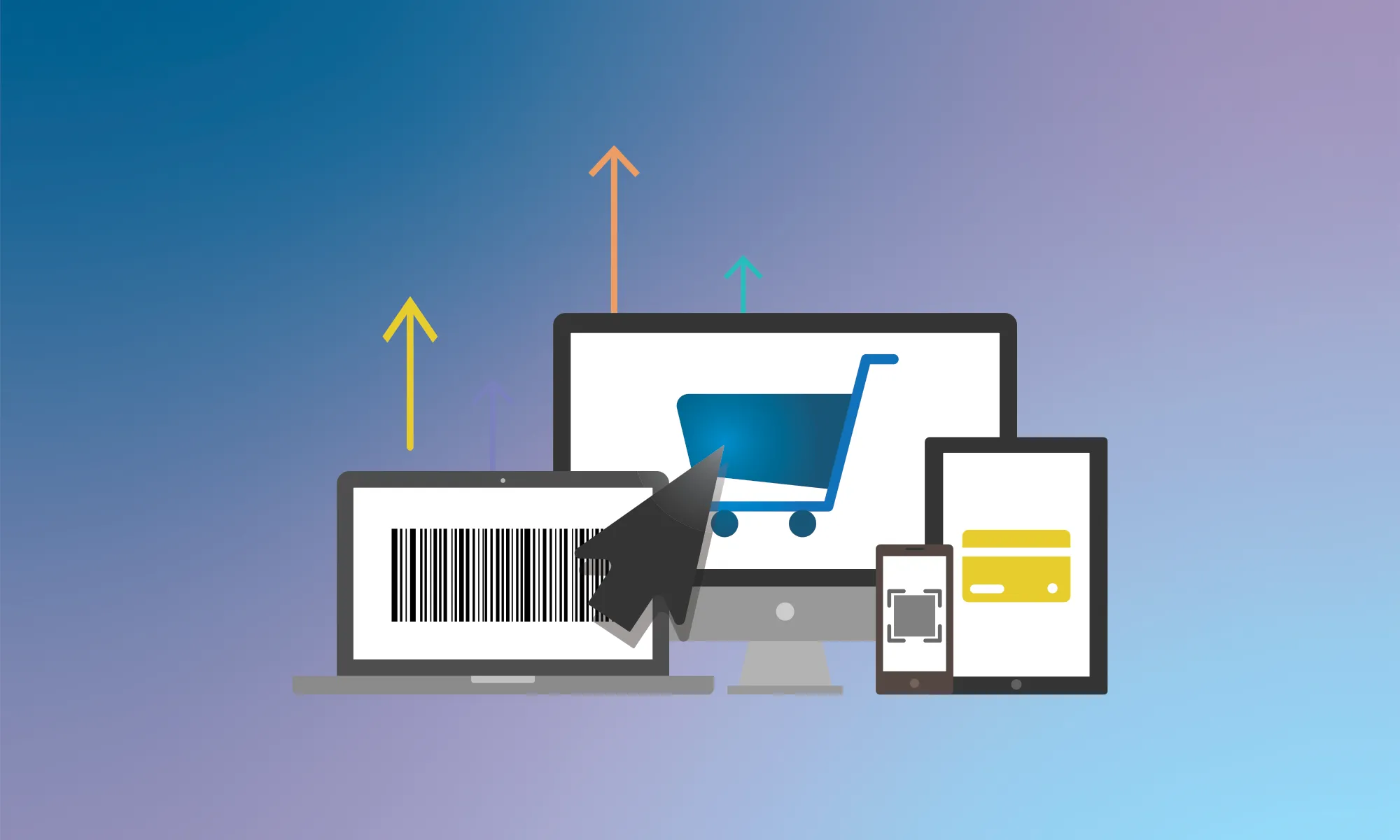The Council of the European Union authorized Germany to introduce mandatory e-invoicing for B2B transactions.
Timeline
From January 1, 2025 until December 31, 2027, or until the rules of the VAT in the Digital Age (ViDA) Proposal are introduced (whichever is earlier), Germany is authorized to introduce mandatory e-invoicing for all transactions carried out between taxable persons established in the country. The German Federal Ministry of Finance (BMF) has proposed a transition period in 2025 during which both paper and electronic invoices will be accepted, with mandatory e-invoicing starting on January 1, 2026.
Impact
Making e-invoicing mandatory for B2B transactions will simplify the compliance processes of businesses and reduce their administrative burden. In the long run, it will also eliminate the costs of creating, sending, processing, and storing paper-based invoices.
Businesses should consider reviewing their IT systems, ERP systems, and invoicing processes to prepare themselves for the upcoming e-invoicing mandate.
Additional Resources:
















